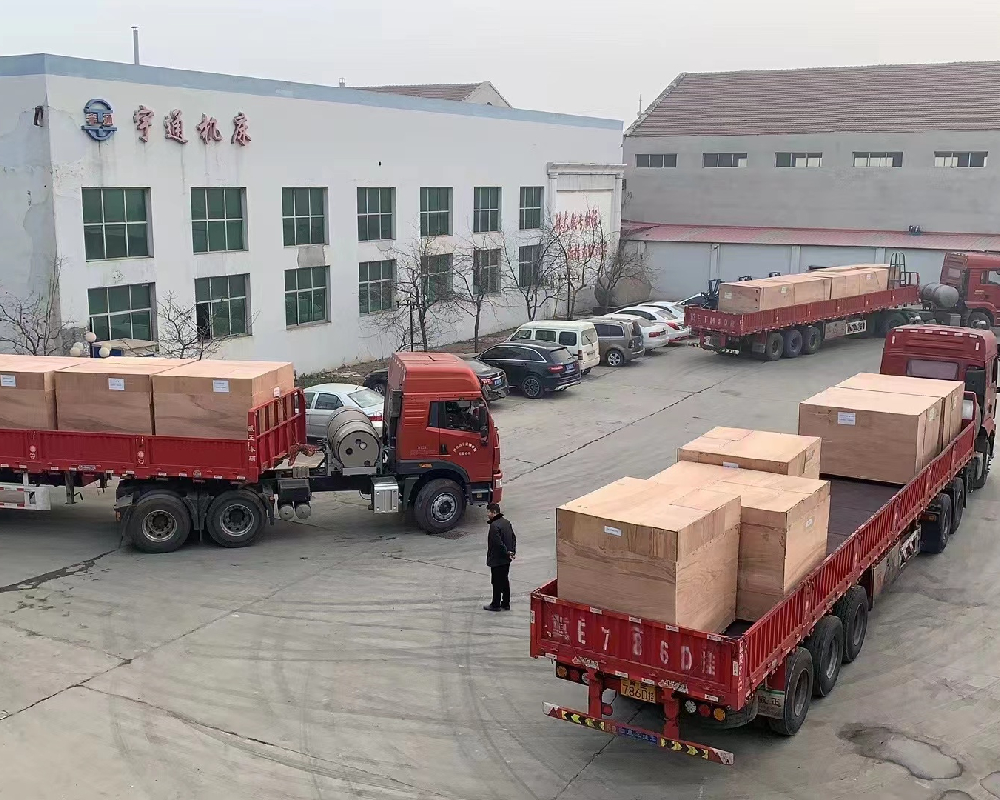
-
 Afrikaans
Afrikaans -
 Albanian
Albanian -
 Amharic
Amharic -
 Arabic
Arabic -
 Armenian
Armenian -
 Azerbaijani
Azerbaijani -
 Basque
Basque -
 Belarusian
Belarusian -
 Bengali
Bengali -
 Bosnian
Bosnian -
 Bulgarian
Bulgarian -
 Catalan
Catalan -
 Cebuano
Cebuano -
 Corsican
Corsican -
 Croatian
Croatian -
 Czech
Czech -
 Danish
Danish -
 Dutch
Dutch -
 English
English -
 Esperanto
Esperanto -
 Estonian
Estonian -
 Finnish
Finnish -
 French
French -
 Frisian
Frisian -
 Galician
Galician -
 Georgian
Georgian -
 German
German -
 Greek
Greek -
 Gujarati
Gujarati -
 Haitian Creole
Haitian Creole -
 hausa
hausa -
 hawaiian
hawaiian -
 Hebrew
Hebrew -
 Hindi
Hindi -
 Miao
Miao -
 Hungarian
Hungarian -
 Icelandic
Icelandic -
 igbo
igbo -
 Indonesian
Indonesian -
 irish
irish -
 Italian
Italian -
 Japanese
Japanese -
 Javanese
Javanese -
 Kannada
Kannada -
 kazakh
kazakh -
 Khmer
Khmer -
 Rwandese
Rwandese -
 Korean
Korean -
 Kurdish
Kurdish -
 Kyrgyz
Kyrgyz -
 Lao
Lao -
 Latin
Latin -
 Latvian
Latvian -
 Lithuanian
Lithuanian -
 Luxembourgish
Luxembourgish -
 Macedonian
Macedonian -
 Malgashi
Malgashi -
 Malay
Malay -
 Malayalam
Malayalam -
 Maltese
Maltese -
 Maori
Maori -
 Marathi
Marathi -
 Mongolian
Mongolian -
 Myanmar
Myanmar -
 Nepali
Nepali -
 Norwegian
Norwegian -
 Norwegian
Norwegian -
 Occitan
Occitan -
 Pashto
Pashto -
 Persian
Persian -
 Polish
Polish -
 Portuguese
Portuguese -
 Punjabi
Punjabi -
 Romanian
Romanian -
 Russian
Russian -
 Samoan
Samoan -
 Scottish Gaelic
Scottish Gaelic -
 Serbian
Serbian -
 Sesotho
Sesotho -
 Shona
Shona -
 Sindhi
Sindhi -
 Sinhala
Sinhala -
 Slovak
Slovak -
 Slovenian
Slovenian -
 Somali
Somali -
 Spanish
Spanish -
 Sundanese
Sundanese -
 Swahili
Swahili -
 Swedish
Swedish -
 Tagalog
Tagalog -
 Tajik
Tajik -
 Tamil
Tamil -
 Tatar
Tatar -
 Telugu
Telugu -
 Thai
Thai -
 Turkish
Turkish -
 Turkmen
Turkmen -
 Ukrainian
Ukrainian -
 Urdu
Urdu -
 Uighur
Uighur -
 Uzbek
Uzbek -
 Vietnamese
Vietnamese -
 Welsh
Welsh -
 Bantu
Bantu -
 Yiddish
Yiddish -
 Yoruba
Yoruba -
 Zulu
Zulu
High-Precision Wire Thread Rolling Machine for Efficient Manufacturing
The Wire Thread Rolling Machine Revolutionizing Fastener Production
In the modern manufacturing landscape, efficiency and precision are paramount, especially in sectors that rely heavily on fasteners, such as automotive, aerospace, and construction. One innovative solution that has gained significant traction in recent years is the wire thread rolling machine. This advanced piece of equipment streamlines the process of creating high-quality threaded fasteners, enhancing productivity while reducing waste.
Wire thread rolling machines operate on a simple yet effective principle they deform the wire material to create threads rather than cutting it. This cold forming process not only preserves the integrity of the metal but also enhances its mechanical properties. By compressing the wire between two rotating dies, the machine transforms a smooth rod into a precisely threaded component, ensuring consistent quality with every cycle.
One of the primary advantages of using a wire thread rolling machine is its speed. Compared to traditional cutting methods, rolling can produce a larger volume of threaded pieces in a shorter timeframe. This efficiency is crucial in industries where time-to-market can significantly impact competitiveness. Moreover, the rolling process generates minimal material waste, leading to cost savings both in raw materials and in disposal.
wire thread rolling machine

Additionally, wire thread rolling machines are known for producing high-strength threads. Since the process involves deformation rather than cutting, the resulting threads have a more uniform grain structure, which contributes to their enhanced durability. This feature is particularly important in high-stress applications where structural integrity is non-negotiable.
Another notable benefit of these machines is their versatility. They can process various materials, including steel, stainless steel, and even softer metals like aluminum, making them suitable for a wide range of applications. Furthermore, different die designs enable the creation of various thread profiles, accommodating specific customer requirements.
The technological advancements in wire thread rolling machines have also led to increased automation. Many modern machines are equipped with computer numerical control (CNC) systems, allowing for precise adjustments and real-time monitoring of production metrics. This not only boosts efficiency but also ensures higher accuracy and repeatability in thread quality.
In conclusion, the wire thread rolling machine represents a significant evolution in fastener manufacturing. With its efficiency, cost-effectiveness, and ability to produce high-quality threads, it meets the rising demands of various industries. As technology continues to advance, we can expect even greater innovations in this field, further cementing the wire thread rolling machine’s role as a cornerstone of modern production practices.
